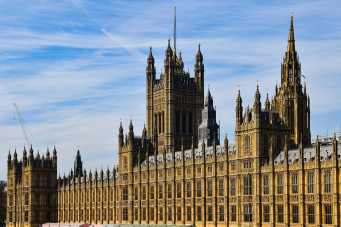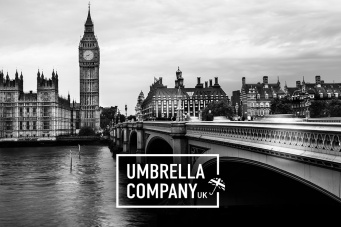
Covid-19: Chancellor announces support for the self-employed
Support for the UK’s self-employed revealed
Pressure had been growing on the government to support freelancers and the self-employed during the outbreak of Covid-19. And yesterday the chancellor, Rishi Sunak, offered what he described as “targeted” support that’s “deliverable and fair”.
However, the way the support has been structured does appear to mean that those new to self-employment, have made higher profits or pay themselves via dividend are not covered by the package.
What’s been announced?
- Government will pay self-employed people who have been adversely affected a “taxable grant” worth 80 per cent of average monthly profits, up to £2,500 per month for at least three months
- The “taxable grant” will be extended beyond three months if necessary
- The scheme will not be up and running until the beginning of June. Payments will be backdated
- Those who did not, or are not in a position to, complete a full year’s tax return for last year (essentially those new to being self-employed) are not covered
- Another four weeks has been allowed for people to file tax returns that were not filed in January 2020
- Self-employed people can access the business interruption loans and universal credit
- The package covers 95 per cent of self-employed workers
- Only self-employed people who earned less than £50,000 last tax year or less than an average of £50,000 over the last 3 years are covered
- Company owners who work through their own business and pay themselves a dividend are excluded
What help was announced previously?
- The July self-assessment payment for income tax delayed until January 2021
- Three-month payment holidays for residential mortgages and Help to Buy equity loans
- VAT payments deferred for three months to 30 June 2020
- Universal credit increased by £1,000 per year
‘Incredibly complicated’: Challenges with government support for the self-employed
The chancellor described helping the self-employed as “incredibly complicated” and admitted that it was “proving problematic”. Announcing the new measures, he said: “This is operationally complicated.”
This is why:
No bank details
While HMRC holds bank account details of people who are on the PAYE scheme, no such details are held relating to the self-employed, meaning it’s harder to for the government to understand the earnings and financial needs of this group.
Earnings vary from month to month
Without knowledge of income, reaching solutions is made harder still because of the varying earnings of the self-employed – not just among people within the group but the money each individual earns could very easily vary from month to month.
The self-employed come and go
If HMRC is to assess what people earned in 2019 in order to calculate a support package for this year, it must also consider that many people who were self-employed last year are no longer self-employed, and many who are self-employed today were not this time last year. This makes it difficult to work out how much support people might need.
Tax returns don’t give the full picture
Rishi Sunak:

Your employment status will affect what sick-pay support you’re entitled to
While there are about five million self-employed people in the UK, the category breaks down further, and each group is treated differently in terms of tax:
- Self-employed sole traders or partners in partnerships (SEMP)
- Personal service companies and their workers (PSC)
- Limited company contractors (LCC)
- Umbrella workers
- Officeholders
More information on these categories can be found here.
Coronavirus Bill
The government has passed all stages of its 329-page emergency bill through the House of Commons. It’s being considered by the House of Lords and is expected to become law in the coming days.
We’ll publish more information for freelancers and the self-employed as further government announcements are made.
More information is available in our posts:
- Freelancers: what support is available? (published 20 March 2020)
- COVID-19, the broadcast industry and how freelancers can protect themselves (18 March 2020)

How the Employment Rights Act 2025 Is Reshaping the Freelance Market

Umbrella Company Reforms - An Overview
